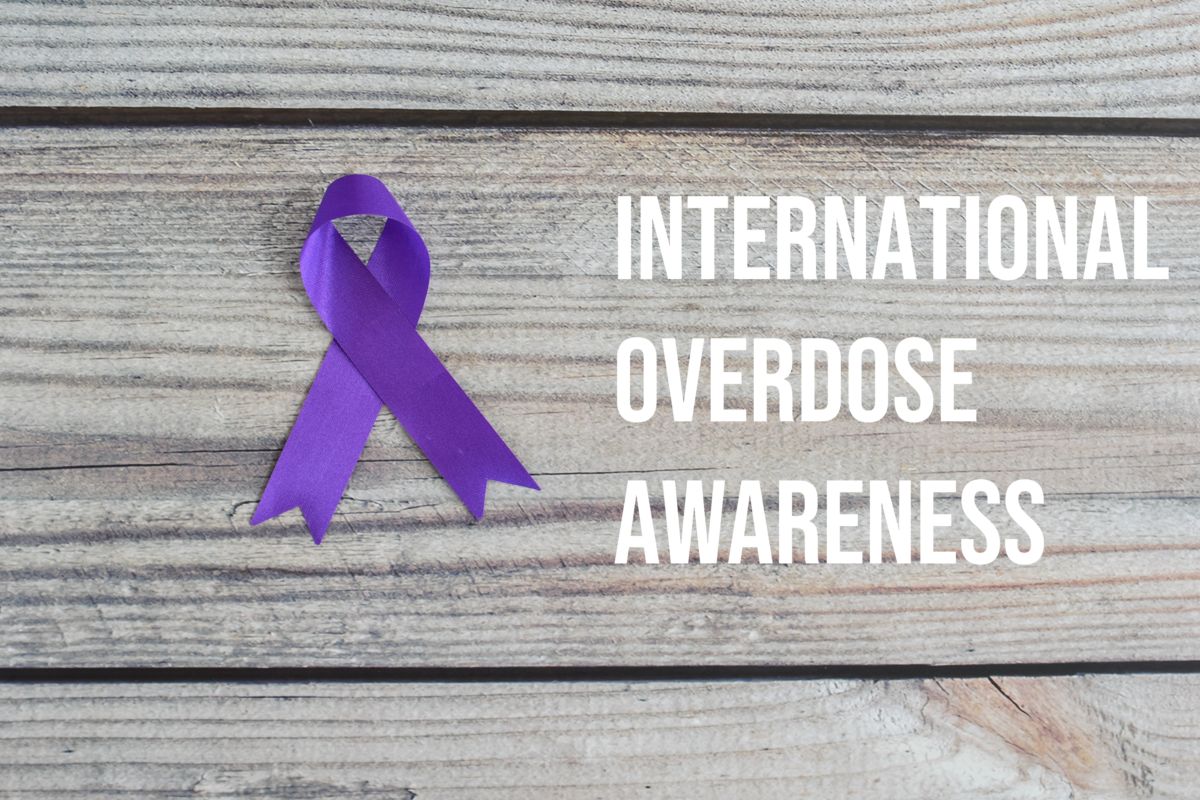Supporting Drug Prevention Week
By Todd W. Mandel, MD, Bizzell US
National Prevention Week is a Substance Abuse and Mental Health Services Administration (SAMHSA) led national public education campaign highlighting the work of communities and organizations dedicated to raising awareness about substance misuse prevention and positive mental health. Observed May 7–13, this week-long endeavor encourages preventative initiatives and tactics designed to increase positive mental health outcomes.
This collaborative effort helps to strengthen prevention efforts and create a culture of health and wellness, bringing together individuals, organizations, and communities across the country. Please visit the Prevention Week homepage to register and join SAMHSA in honoring of the work of their partners in prevention and celebrating stories of success.
There are numerous dangers of substance use disorders (SUDs) that can affect both an individual’s physical and mental health. SUDs can cause changes in brain chemistry that can facilitate the development of mood disorders, anxiety, and depression. SUDs contribute to potentially fatal overdoses, and other issues such as heart disease, liver and kidney damage, and respiratory issues. Additionally, SUDs can disrupt personal relationships, cause financial problems, and even lead to legal issues.
According to the CDC figures cited by the Drug Enforcement Agency (DEA), 107,375 people in the United States died of drug overdoses and drug poisonings in the 12-month period ending in January 2022 [1]United States Drug Enforcement Administration. (2022, April 29). Fentanyl Awareness. Retrieved May 9, 2023, from https://www.dea.gov/fentanylawareness. A staggering 67 percent of those deaths involved synthetic opioids, like fentanyl, with some of these deaths attributed to fentanyl mixed with other illicit drugs like cocaine, methamphetamine, and heroin. This illicit mixture leaves many users unaware they were taking fentanyl, further contributing to overdoses. Only two milligrams of fentanyl can be a potentially lethal dose, particularly for someone who does not have an opioid tolerance. Recent data from the DEA indicates that Fentanyl is involved in more deaths of Americans under 50 than any cause of death, including heart disease, cancer, homicide, suicide, and accident-related deaths [1]United States Drug Enforcement Administration. (2022, April 29). Fentanyl Awareness. Retrieved May 9, 2023, from https://www.dea.gov/fentanylawareness.
While the focus of National Prevention Week is providing an educational forum to encourage people to not start using substances, for those who are already facing challenges with SUDs, effective treatments are available. There are also other strategies and resources for overdose prevention. Bizzell US, through its work with The National Institute on Drug Abuse Clinical Trials Network, produced online educational resources on topics for screening, fentanyl overdose prevention, and treatment for methamphetamine use disorder:
- Reducing the Risks of Fentanyl in the U.S. Video
- English infographic: What is Fentanyl?
- Spanish infographic: ¿Qué es El Fentanilo?
- Information on Treatment for Methamphetamine Use Disorder
Prevention efforts such as education and awareness campaigns, early intervention programs, and easy access to treatment and support are essential to reduce drug use and its harmful consequences. By working together as a community to prioritize drug use prevention, we can help individuals and families avoid the devastating effects of drug addiction, promoting a safer and healthier future for everyone.
References
[1] United States Drug Enforcement Administration. (2022, April 29). Fentanyl Awareness. Retrieved May 9, 2023, from https://www.dea.gov/fentanylawareness.




